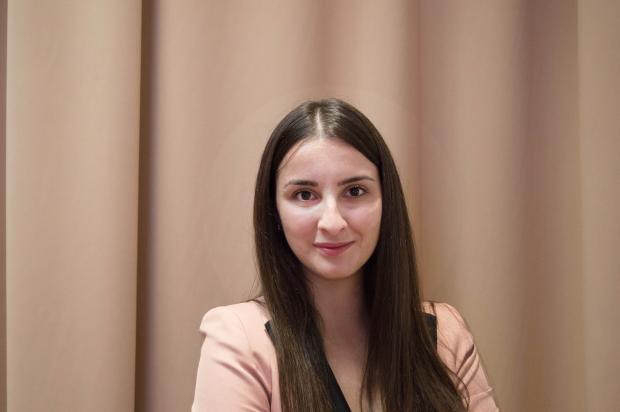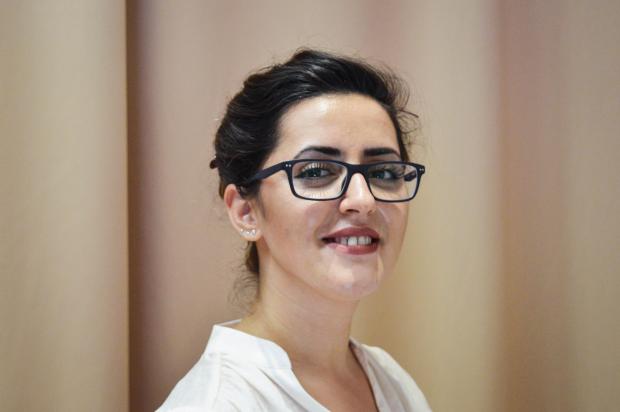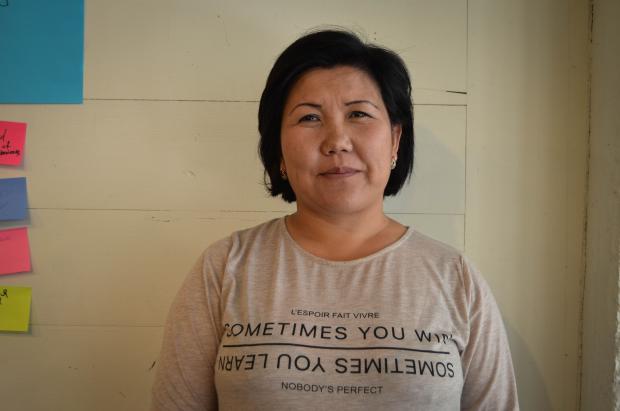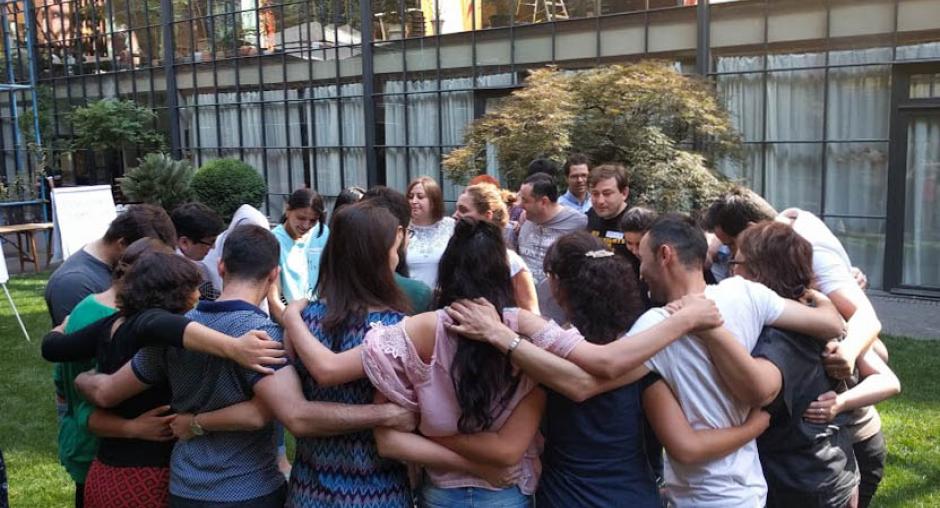Helping human rights defenders build monitoring and safety skills
The contribution human rights defenders make to promoting vibrant and cohesive societies, as well as preventing strife and conflict, is often overlooked.
By documenting human rights violations, by speaking on behalf of victims and seeking remedies for them, by providing legal, psychological, medical or other support, defenders do what is needed to protect human rights.
They also advocate for change in the way governments, businesses and societies relate to human rights, including by promoting equality and understanding for the need for each of us to respect the rights and freedoms of others.
Human rights defenders carry out work that often remains unrecognized by their co-citizens, and they are frequently ostracized even in their own communities. This sometimes happens because of deliberate smear campaigns against these brave men and women. Nevertheless, they have the courage to speak up against injustice and inequality, and ODIHR works to strengthen their position in the societies they serve and in the OSCE area in general.
Omer Fisher Head of the ODIHR Human Rights Department
As a result of their legitimate work, human rights defenders unfortunately often become targets of serious abuse. This can include physical attacks, threats to their lives or those of family members, negative coverage by state-controlled media or online surveillance. Human rights defenders are also exposed to gender-specific threats and violence, as well as prejudice and exclusion. In prioritizing their work and the needs of the victims they assist, human rights defenders often give too little attention to their own physical security and mental wellbeing.
Since 2016, the OSCE Office for Democratic Institutions and Human Rights (ODIHR) has been training human rights defenders to more effectively contribute to improving the human rights situation in their countries and beyond, while paying due attention to their own security and that of the people they work with. This training is designed to strengthen their knowledge and understanding of national and international human rights instruments, as well as key principles and concepts related to the human rights monitoring cycle. It contributes to improving the monitoring, reporting and advocacy skills of participants and increases their ability to stay safe while doing their work.
In October 2016, ODIHR delivered its first pilot training in Budva, Montenegro, for 25 human rights defenders from Eastern and Central Europe, the Western Balkans and Turkey. Participants have already provided feedback on how the knowledge they acquired has been useful – for planning and implementing monitoring projects, for training law students and their own team members in human rights monitoring, and for developing security plans to prevent attacks against their organizations and their workers. Here is what participants said about the training:

I became more aware of the impact that our human rights activity can have on the people we assist, and of the importance of paying special attention to the ‘do no harm’ and objectivity principles in our work.
Sofija Todorovic Youth Initiative for Human Rights, Serbia

The workshop on human rights monitoring and safety and security for human rights defenders organized by OSCE/ODIHR deepened my knowledge about human rights reporting, honed my skills and inspired me to fight for the rights and freedoms of those who have been deprived of fundamental liberties.
Alex Guzenko Ukraine Crisis Media Center, Ukraine

Thanks to this training, I was able to build a network of like-minded people, exchange experiences and learn about ways to enhance human rights standards. As a result, I feel more confident in my work as a human rights defender.
Senada Rexha Legal Clinic for Minors, Albania

Monitoring violations of human rights and providing protection to the victims is a difficult process. At the same time, the training helped me realize that human rights defenders should not forget about their own human rights in the course of protecting others in need.
Dime Gjorchevski Gjorchevski & Doneska Law Office, the former Yugoslav Republic of Macedonia
Many of the participants in the Budva training took part in the networking and advocacy event organized by ODIHR in partnership with the European Parliament in Brussels in March 2017. They used the opportunity to convey their messages to parliamentarians during bilateral meetings and in a meeting of the European Parliament’s Subcommittee on Human Rights.
Countering digital threats
Human rights defenders communicate and co-ordinate their work mainly online, using mobile and digital devices, often exposing themselves to cyber-attacks, surveillance and censorship in the process.
A training workshop conducted for 22 human rights defenders from Central Asia and the South Caucasus in June 2017 focused on the use of innovative and safe technological tools to gather information and report on human rights violations. This included sessions on Martus, a free, open-source and encrypted information-management software.
Participants’ accounts were hacked, their online group infiltrated and e-mails phished as part of a simulation exercise that raised their awareness of and ability to mitigate a wide range of the digital threats they are exposed to in their daily work.
Reporting on human rights violations has always been a challenging task. Nowadays, new forms of communication allow human rights defenders to reach massive audiences. It is essential, therefore, to help them acquire new skills to communicate about human rights effectively and convincingly while maintaining their security.
David Mark ODIHR Human Rights Adviser/ Capacity Building Co-ordinator

Martus is an excellent tool for protecting data and documenting human rights violations. I will surely integrate it in my work to promote the rights of children with disabilities, as well as to build cases against those exploiting child labour.
Aijamal Sartaeva Centre for Development and Protection of Vulnerable Groups of the Population, Kyrgyzstan
I was inspired by the drive, skill, and passion of the training participants. They were eager to learn, to add to their already considerable knowledge, and they seemed hungry to connect both with other human rights defenders and the international community, as represented by the OSCE.
Keith Hiatt Vice President at Benetech, ODIHR trainer
In 2018, ODIHR will continue to provide similar training workshops for human rights defenders and is also planning to launch an online training platform to allow more people to benefit from the course. To stay updated, visit www.osce.org/odihr/human-rights-defenders.

